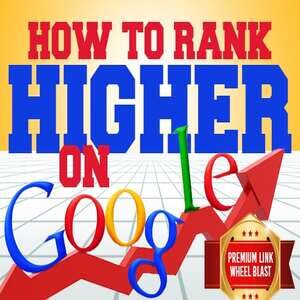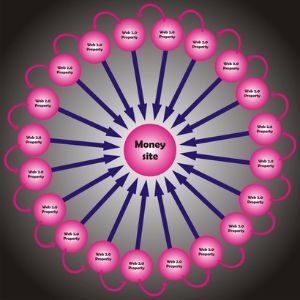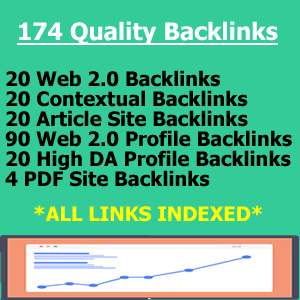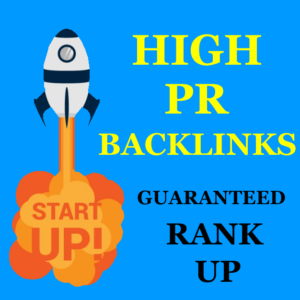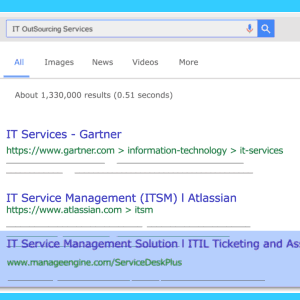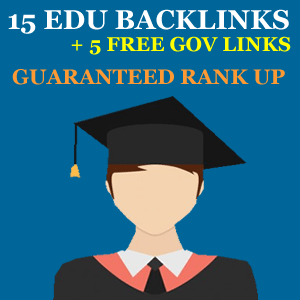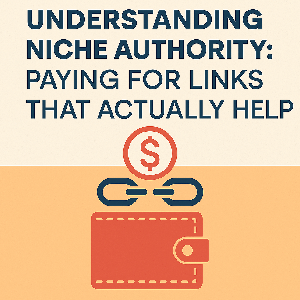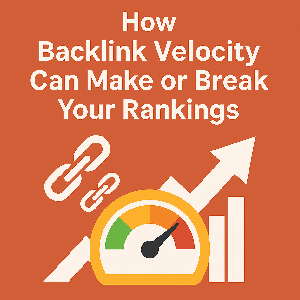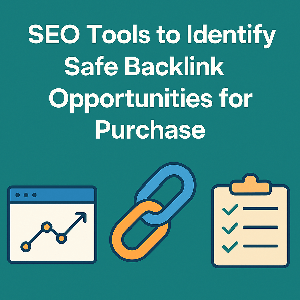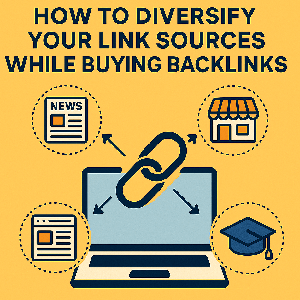Many site owners obsess over Domain Authority (DA), thinking that...Read More
-
Sale!

RANK DOMINATOR 2025” – AI-Resistant Off-Page SEO Power System
0 out of 5$3,000.00Original price was: $3,000.00.$1,500.00Current price is: $1,500.00. Add to Cart -

20 Backlinks on Rankers Paradise Private News – Magazine – Review Websites
5.00 out of 5$399.00 Add to Cart -

5 Private Blog + 5 Aged Web 2 + EDU and Big BRAND Backlinks
4.00 out of 5$210.00 Add to Cart -

Contextual Website Backlinks with EDU and Big Brand Profile Backlinks
5.00 out of 5$150.00 Add to Cart -
Sale!

MSN News USA Guest Post – Get Featured on MSN
4.50 out of 5$799.00Original price was: $799.00.$499.00Current price is: $499.00. Add to Cart -

100 High DA French Backlinks
4.00 out of 5$299.00 Add to Cart -

Dragon’s Fury – High Authority Off-Page SEO Package
5.00 out of 5$275.00 Add to Cart -

100 High DA (40–90) Dofollow Guest Post Backlinks – Powerful SEO Boost
0 out of 5$210.00 Add to Cart -

Expert Off-Page SEO Backlinks Package
4.00 out of 5$499.00 Add to Cart -
Sale!

100 German Dofollow Backlinks from High DA .DE Websites with Guest Posts
0 out of 5$500.00Original price was: $500.00.$320.00Current price is: $320.00. Add to Cart -
Sale!

100 AI POWERED SEO BACKLINKS RANK ON AI TOOLS CHAT GPT PERPLEXITY
5.00 out of 5$500.00Original price was: $500.00.$400.00Current price is: $400.00. Add to Cart -
Sale!

Skyrocket Your Rankings on AI-Powered Search Engines with GEO & Voice SEO
5.00 out of 5$500.00Original price was: $500.00.$250.00Current price is: $250.00. Add to Cart -
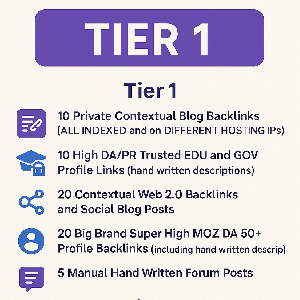
Mixed Power Backlinks – DoFollow
5.00 out of 5$175.00 Add to Cart -
![5 News Blog Backlinks [ALL DIFFERENT HOSTING] With Powerful Tier 2](https://rankersparadise.com/wp-content/uploads/2025/07/5-News-Blog-Backlinks.gif)
5 News Blog Backlinks [ALL DIFFERENT HOSTING] With Powerful Tier 2
4.50 out of 5$299.00 Add to Cart -

5 Private Contextual Blog Backlinks with POWERFUL TIER 2 [To Index]
5.00 out of 5$120.00 Add to Cart -
Sale!
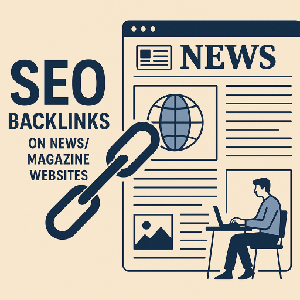
Backlinks on News and Magazine Websites
5.00 out of 5$300.00Original price was: $300.00.$225.00Current price is: $225.00. Add to Cart
**Trusted SEO Services with Years of Industry Expertise**
For nearly a decade, RankersParadise.com has earned more than 50 awards for its distinguished achievements and services, asserting itself as an authority in the industry. These awards are a testimony to the constant recognition received from the experts and the clients of the company which demonstrates the commitment given towards delivering innovative solutions and their exceptional quality service. Each award places emphasis on the extreme customer care and technology service delivery, which are all milestones that propel RankersParadise.com to surpass expectations and establish new standards of excellence. All these accolades highlight the ability of the company to continue succeeding especially in a challenging world.
Shop Top Selling SEO SERVICES
For a considerable period now, we at RankersParadise.com have provided excellent SEO Services, and take pride in doing so. We have built a reputation on trust and transparency, along with marvelous results for people’s businesses on the web.
You can be sure to receive full commitment from the SEO team at RankersParadise.com, and the best part is, we guarantee your success. Our approach is honest as well as proactive, and we are always on the lookout for new developments in the market to offer you the best. We know your trust is extremely important, and the way we protect it is by giving out amazing results all the time. Let us assist you in catapulting your business so that you too can join the multitude of satisfied customers. Contact us today to unleash your potential on the web.
Proven Track Record
With 9 years of experience in the SEO industry, we have helped numerous clients achieve top rankings and deliver measurable results. Our consistent success demonstrates our strength and reliability.
Transparent Results
We provide reports for all of our services which you will receive to your email within the specified deadline which is stated on the services page.
Secure and Reliable Service
Our Seo Services are all 100% safe and all transactions are 100% secure. We accept paypal and credit/debit cards.
Tailored SEO Strategies
Every business has distinct goals and tailored plans, which is why we customize each client's strategy to reflect their values.

